Iraqi forces captured the Islamic State’s last stronghold in northern Iraq on Thursday, leaving the self-proclaimed caliphate with just one more base of operations.
The militant group ceased its occupation of Hawija in northern Iraq after an offensive by Iraqi government troops and a state-sponsored Shia militia group, known as the “Popular Mobilization Unit.” The only area remaining to the Islamic State in Iraq is a narrow strand along the border between Iraq and Syria.
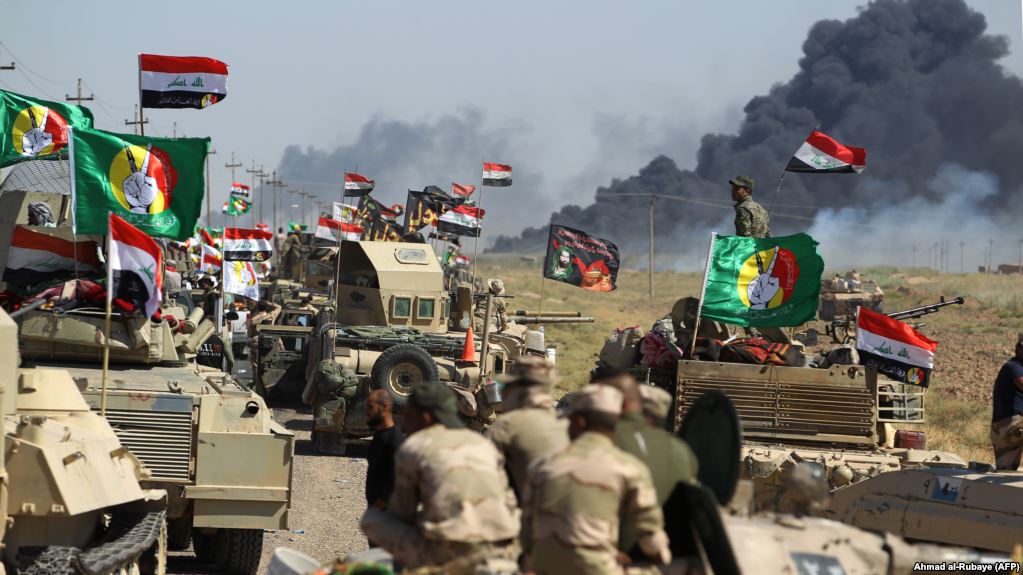
Iraqi coalition forces began their offensive on Hawija on Sept. 21, continuing a string of victories over the Islamic State that started in July, when Iraqi ground forces took Mosul after a 9 month siege.
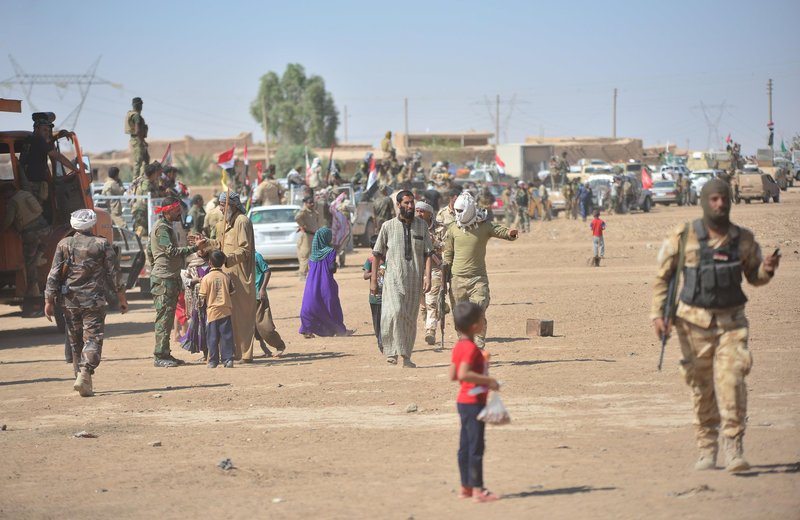
The Leader of the Islamic State, Abu Bakr al-Baghdadi, released an audio recording last week urging his remaining followers to continue fighting. The content of the audio recording indicates that Baghdadi is still alive, despite reports suggesting the ISIS leader was killed in Syria this summer.
Booting the Islamic State from the region is a boost for the Iraqi government because control of Hawija is important for maintaining regional control against ISIS. However, Hawija is also strategic due to its proximity to the Kurdish oil producing city of Kirkuk – a city which the Iraqi state and the Kurdistan Regional Government both claim rightful possession of. The capture of Hawija places Iraqi forces directly next to Kurdish Peshmerga fighters in control of Kirkuk.
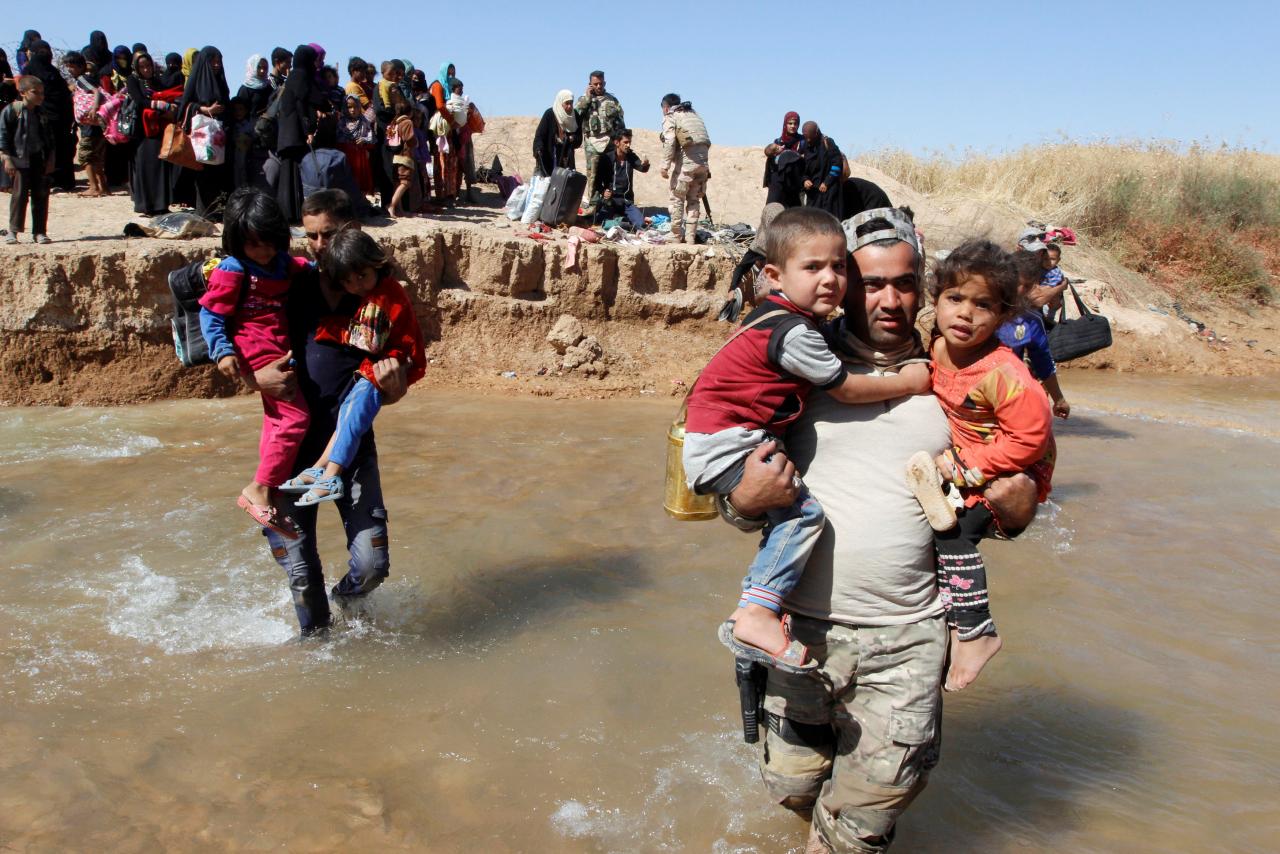
“We don’t want any aggression or confrontations, but the federal authority must be imposed in the disputed areas,” said Iraqi Prime Minister Haider al-Abadi in a press conference in Paris with French President Emmanuel Macron.
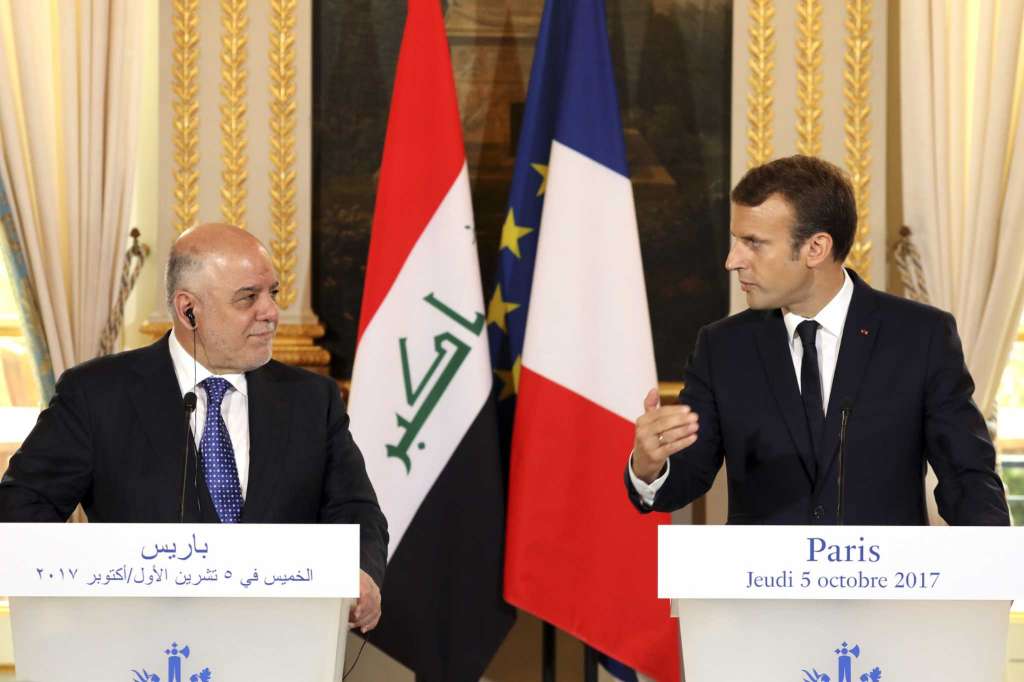
Turkey and Iran, however, are continuing their support of the current Iraqi state, in an effort to curb the existence of an independent Kurdish state in the region. Turkish President Tayyip Erdogan said Turkey will close its border with Iraq and shut its airspace because of the Kurdish independence referendum. President Erdogan also said that Turkey, Iran and Iraq would all be shutting off the flow of oil from Kurdistan.
“If a decision will be made on closing oil taps in the region, that will be made by us. Turkey, Iran and Iraq’s central government will do so together,” said Erdogan.
Iran’s Supreme Leader Ayatollah Ali Khamenei met with Erdogan on Wednesday, and said Iran and Turkey should prevent the Iraqi Kurds from declaring independence.
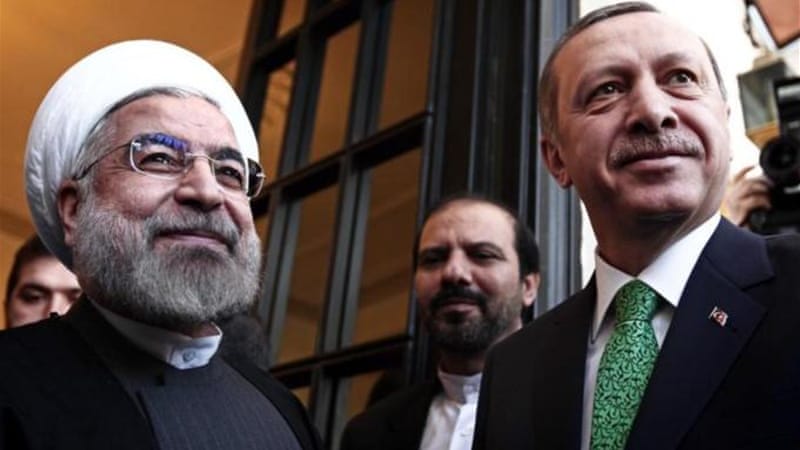
On Wednesday, Russian President Vladimir Putin said that it is against the interests of all parties to cut off oil from the Kurdish region. Although Russia has maintained warm relations with Iran and Turkey – transferring arms to both countries – Russia still has significant oil interests in Kurdistan.
LIMA CHARLIE NEWS, with James Fox and Diego Lynch
Lima Charlie provides global news, insight & analysis by military veterans and service members Worldwide.
For up-to-date news, please follow us on twitter at @LimaCharlieNews
In case you missed it:

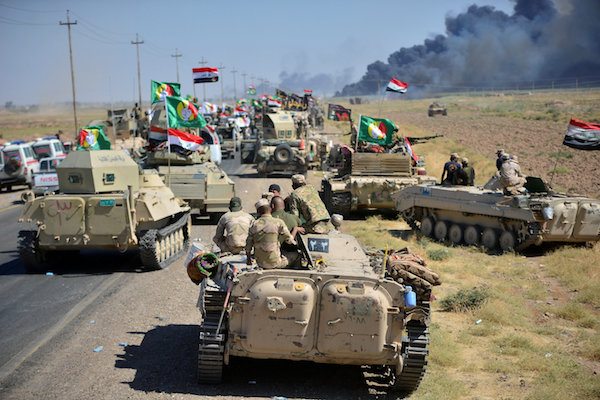
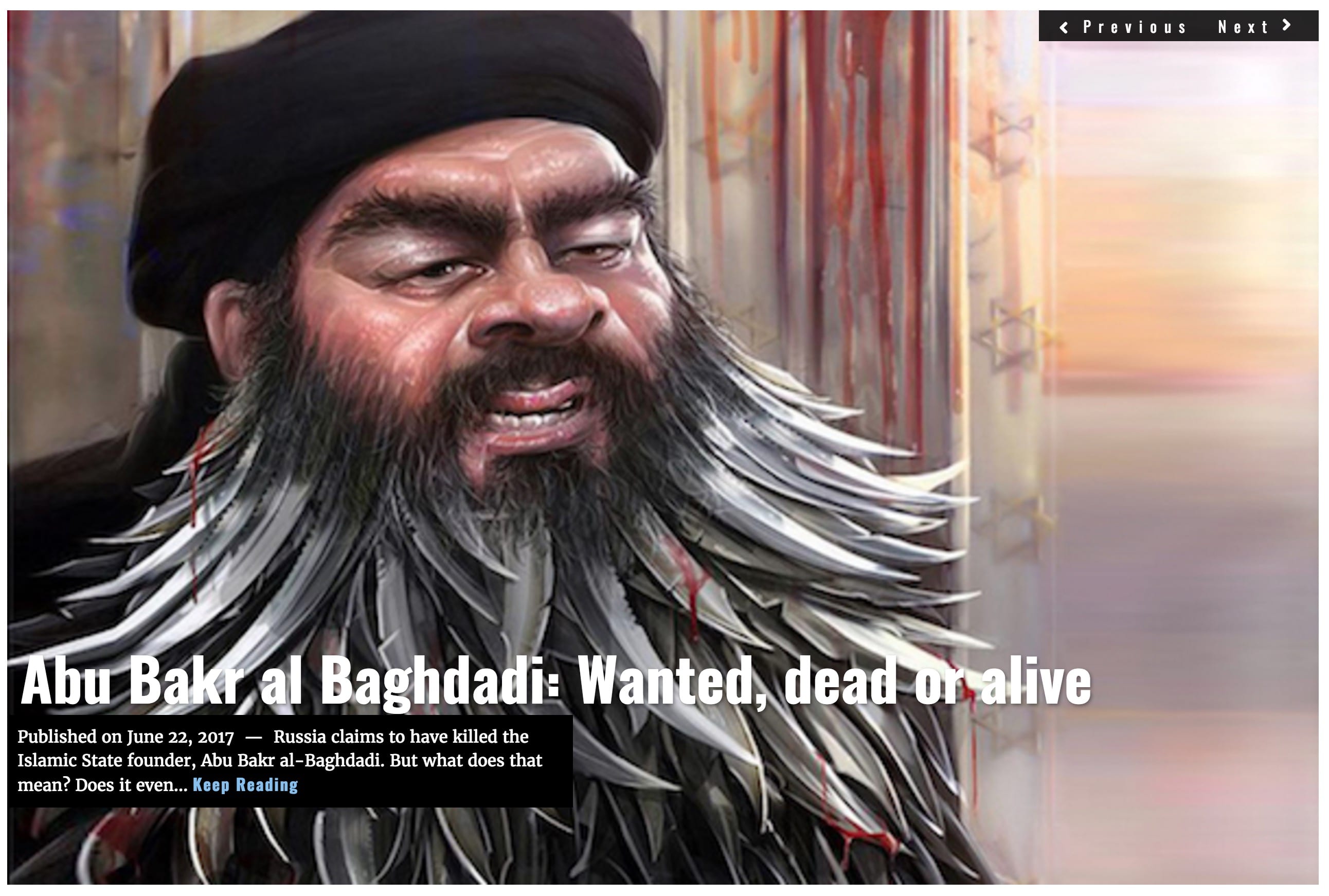
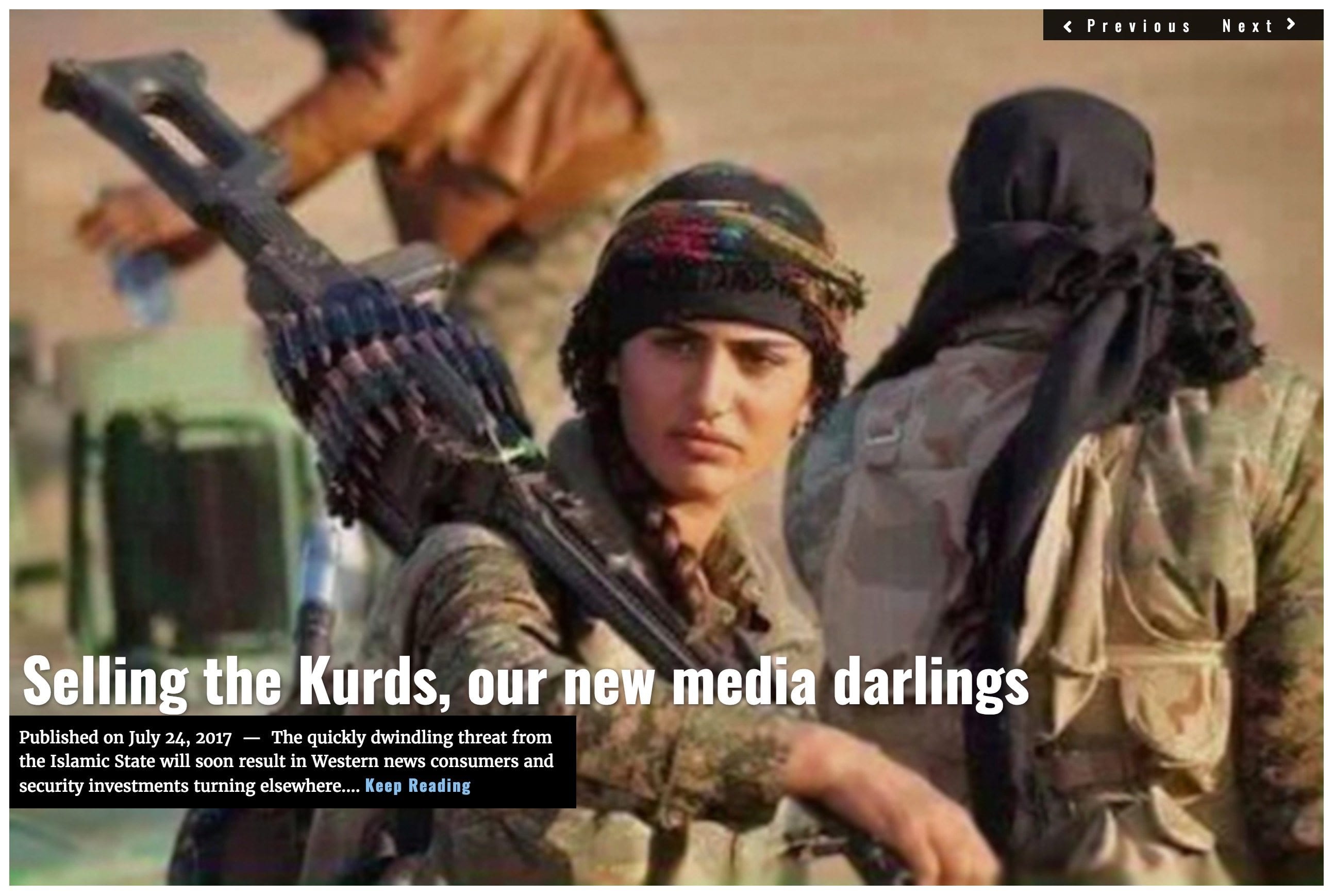

![Iranian crackdown on MEK shows the activist group has popular support [Lima Charlie News]](https://limacharlienews.com/wp-content/uploads/2019/05/Iran-MEK-Lima-Charlie-001-480x384.png)
![The Mind of Bolton - AUMF and the New Iran War [Lima Charlie News]](https://limacharlienews.com/wp-content/uploads/2019/05/Inside-the-mind-of-Bolton-Lima-Charlie-News-main-01-480x384.png)
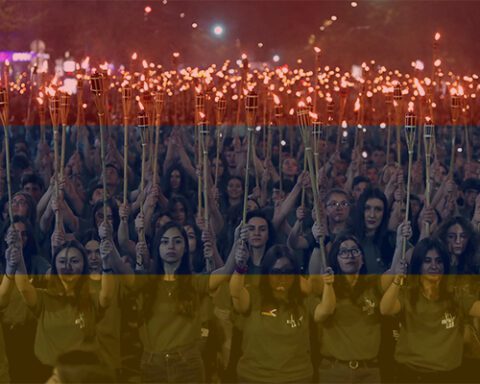


![Blossoming Russo-Turkish alliance leaves U.S., NATO behind [Lima Charlie News]](https://limacharlienews.com/wp-content/uploads/2019/07/Russia-Turkey-alliance-leaves-U.S.-NATO-behind-480x384.png)
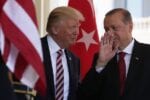
![Iranian crackdown on MEK shows the activist group has popular support [Lima Charlie News]](https://limacharlienews.com/wp-content/uploads/2019/05/Iran-MEK-Lima-Charlie-001-150x100.png)